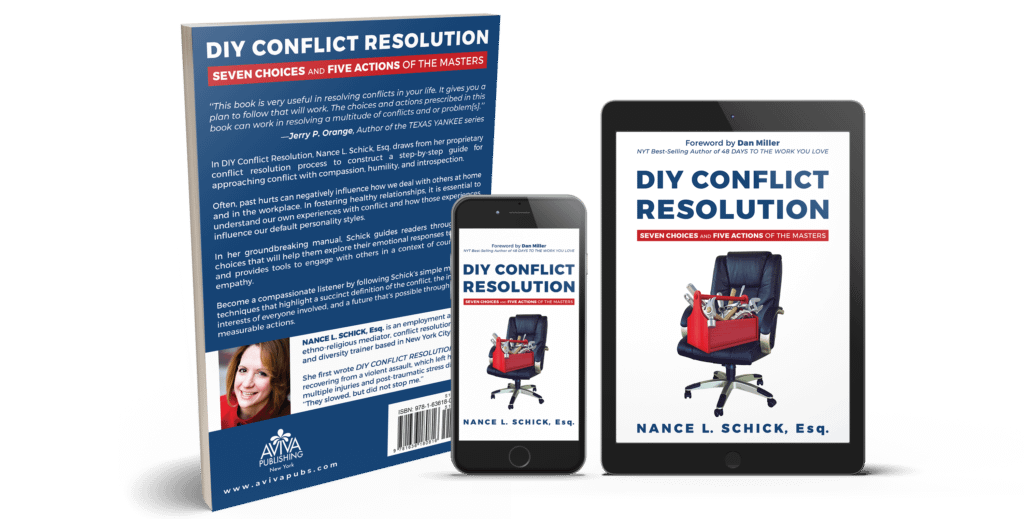Few people want to be terminated from their employment, even when they hate their jobs. As employers, we know the personal crises termination can cause, and most of us want to handle these situations as compassionately as possible under the circumstances. This is like a delicate dance that requires finesse, understanding, and careful planning. When a family member is involved, the challenges are often greater.
“Dale” called us because she was struggling to take the action she knew her business needed. The family member she hired to assist her growing online store was often late for work, took long lunches, and asked to leave early, even when it was clear there was much work left undone. When he was at work, he was often on his cell phone or making errors that added more work for Dale. Her customers were not happy, and her business’ reputation was bruised. His employment had to be terminated, yet compassionately.
After a difficult and thorough analysis, she delivered the news. It was painful for her. He seemed indifferent. So, she was surprised when her honest response to the Department of Labor’s Unemployment Insurance claim resulted in a divided family. Her former employee’s UI claim was denied, and other family members angrily demanded Dale withdraw her response. She was not convinced that would that be the fairest or most empowering action she could take.
Despite the difficulties that accompanied this employment termination, it inspired growth and positive change in both of them. Here’s how we did it.

